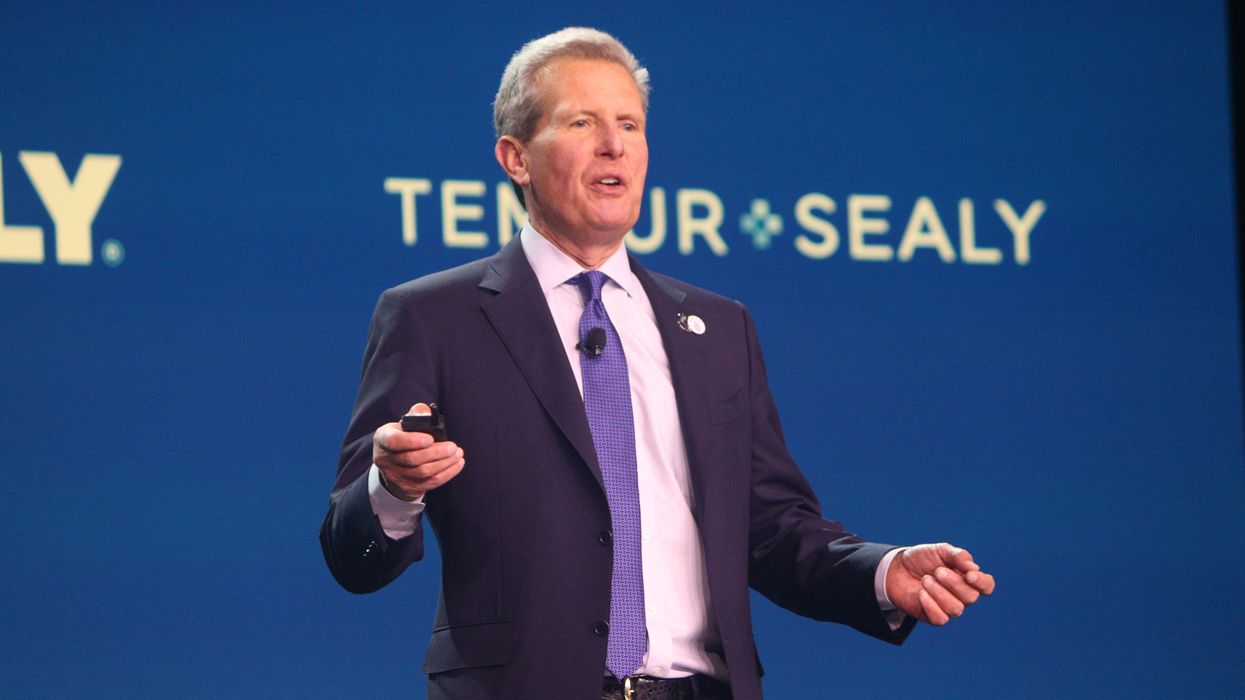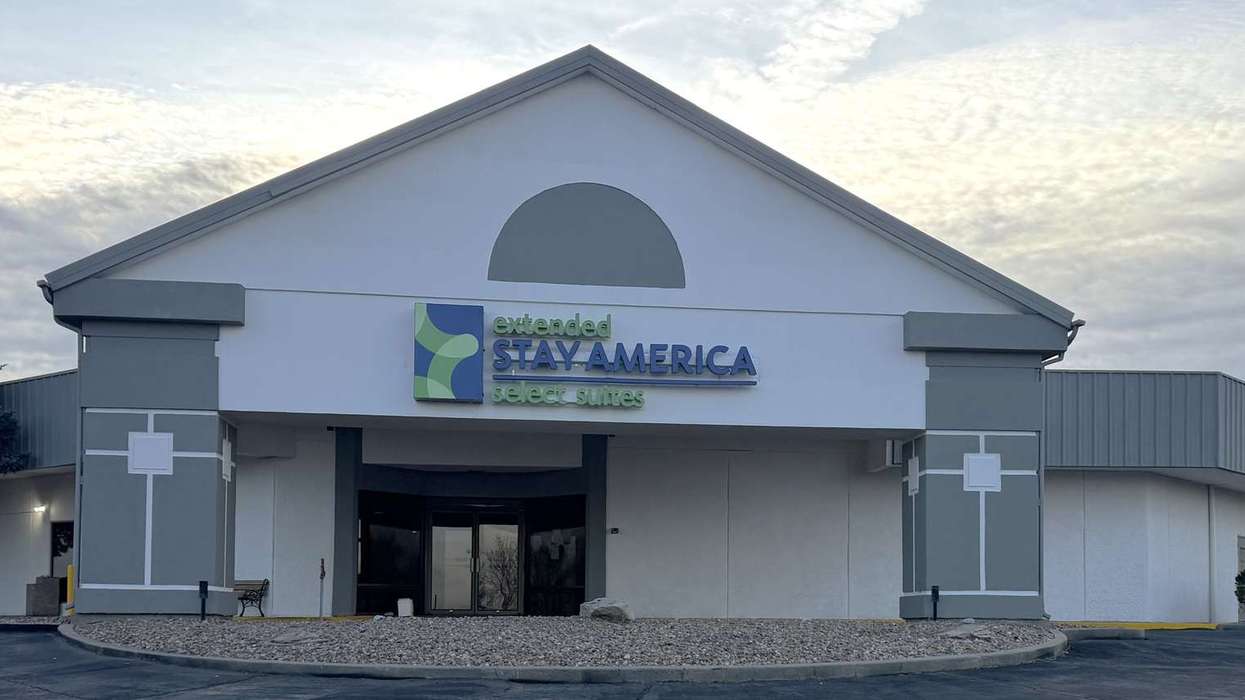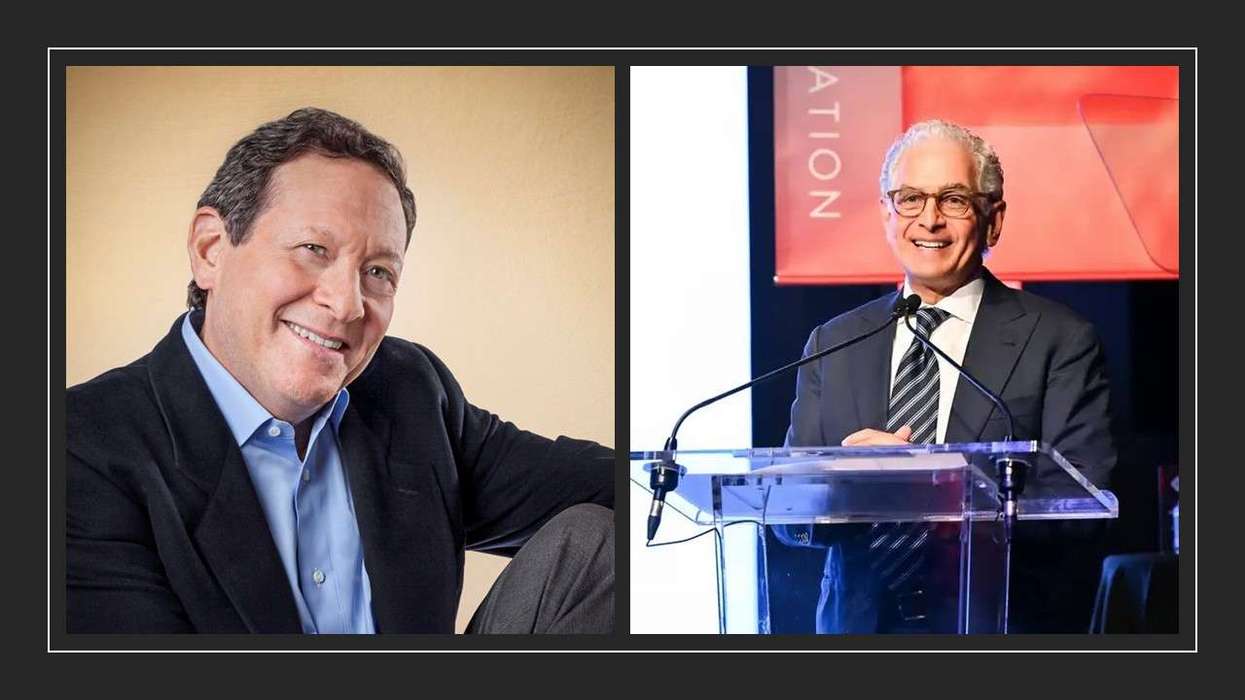NEW TECHNOLOGY, MARKETING, the company’s loyalty program and expansion in India were topics covered at Wyndham Hotel & Resorts’ 2025 Global Conference at Caesars Forum in Las Vegas. Company leaders announced several initiatives in providing technology, sourcing, loyalty and marketing.
Geoff Ballotti, Wyndham president and CEO, said the initiatives aimed to lower costs and improve efficiency to improve franchisees’ bottom lines.
"As the world's largest hotel franchiser, we believe in putting hotel owners first,” Ballotti said. “That means listening to their needs and responding with solutions that help them take their business to the next level. Whether it's our No. 1 rated rewards program, our best-in-class technology, or our top-tier sales, marketing and operational support, everything we do, every decision that we make, is grounded in their long-term success."
Adding onto the tech stack
Among the initiatives announced were several new additions to Wyndham’s tech stack, such as Wyndham Connect PLUS, an improvement to the company’s existing guest engagement platform, by adding several AI capabilities. They include automated AI text messaging and voice assistance, as well as a self-service QR code.
“Wyndham Connect has been a game changer for so many of you in terms of upping your game, connecting with guests, saving your staff time,” Ballotti said. “There is just so much benefit to your operation to increase your staff compensation, which not all of us are doing and our housekeepers, those hard-working housekeepers need those extra tips.”
Scott Strickland, Wyndham’s chief commercial officer, said the improvements are based on owner feedback.
“It helps you drive revenue, makes life easier for your employees, and is going to continue to delight your guests,” Strickland said. “It's ultimately more than a tool. It's an AI powered guest engagement platform designed to drive more direct bookings, reduce front desk workload and create seamless, personalized guest experiences.”
Strickland provided details of Connect PLUS’s three components, starting with its AI voice function.
“When a guest calls the hotel, the AI powered voice agent will answer questions, make a reservation, and if needed, pass it over to a live agent with all the context and a full recount of what the guest has already said behind the scenes,” he said.
The messaging channel allows hotel staff to receive direct messages from guests via Google or Apple Business Manager. The system’s new chatbot can answer basic questions and handle bookings.
Strickland also talked about the new QR code.
“Imagine a guest walks into the lobby and sees a line. They can scan the QR code, check in, make a new booking, and then proceed to the front desk to just pick up their key,” Strickland said. “It reduces waiting times and reduces the load on your personnel. We expect franchisees on window connect, plus can generate about 5 percent of PRR, or their equivalent labor savings.”
Qualified franchisees can pilot the new platform at no additional cost through the end of the year.
Wyndham also unveiled Wyndham Gateway, a new guest Wi-Fi portal that provides consistent, centralized login. It also gives owners upsell opportunities, and the company has eliminated loyalty enrollment requirements for hotel owners.
‘We should never overlook India’
Dimitris Manikis, Wyndham’s president for the Europe, Middle East, Eurasia and Africa region, said the company has a strong focus for growth in India. That market should never be overlooked, he said.
“We cannot ignore how the booming economy in India and the rising of the middle class is actually fueling the growth,” Manikis said. “Two million Indians visited the United States in 2024, a nearly 50 percent increase from 2019 making India a critical growth market for this market, and that's why we're growing in India, because wherever they go, they want to stay in a Wyndham.”
The company plans to launch its Microtel by Wyndham brand in India, Manikis said. Previously, it said it plans to add 50 more hotels to the 70 it already has in the country.
“India is such an amazing destination. Whether you're traveling for business, you are in for a spiritual journey, or you're exploring nature, India’s rich culture has so many things to do,” Manikis said.
Manikis also said Wyndham is “in the wedding business.” Last year, Wyndham released a report saying on business opportunities found in catering to weddings in the country, which tend to be lavish affairs.
“I can organize the wedding of your dreams for your daughters and your sons,” he said.
All the rest
Other initiatives announced at the conference include:
Wyndham Marketplace: A new hotel shopping platform that, when combined with the new Wyndham PriceIQ, makes it faster and easier for owners to find, compare and purchase brand-approved products at negotiated rates.
A partnership with sbe's- Everybody Eats: The F&B company will allow hotel owners offer chef-driven, restaurant quality offerings without the need for equipment or large back-of-house operations.
Affordable insurance: HUB International, the 5th largest insurance brokerage firm globally, will provide Wyndham franchisees access to insurance solutions designed to ensure compliance with Wyndham brand standards, improve coverage and lower costs.
Wyndham Rewards Experiences: Through partnerships with sports and entertainment brands, including Madison Square Garden, Radio City Music Hall, Minor League Baseball and Caesars Rewards, members can now use their points to bid on premier live events as well as other experiences.
Other new Wyndham Rewards perks: A partnership between Wyndham and Applebee's Neighborhood Grill + Bar, part of Dine Brands Global, launching later this year, will allow Wyndham Rewards members staying at a hotel by Wyndham to earn points when they place a mobile order with any of nearly 1,500 Applebee's restaurants nationwide with free hotel delivery.






